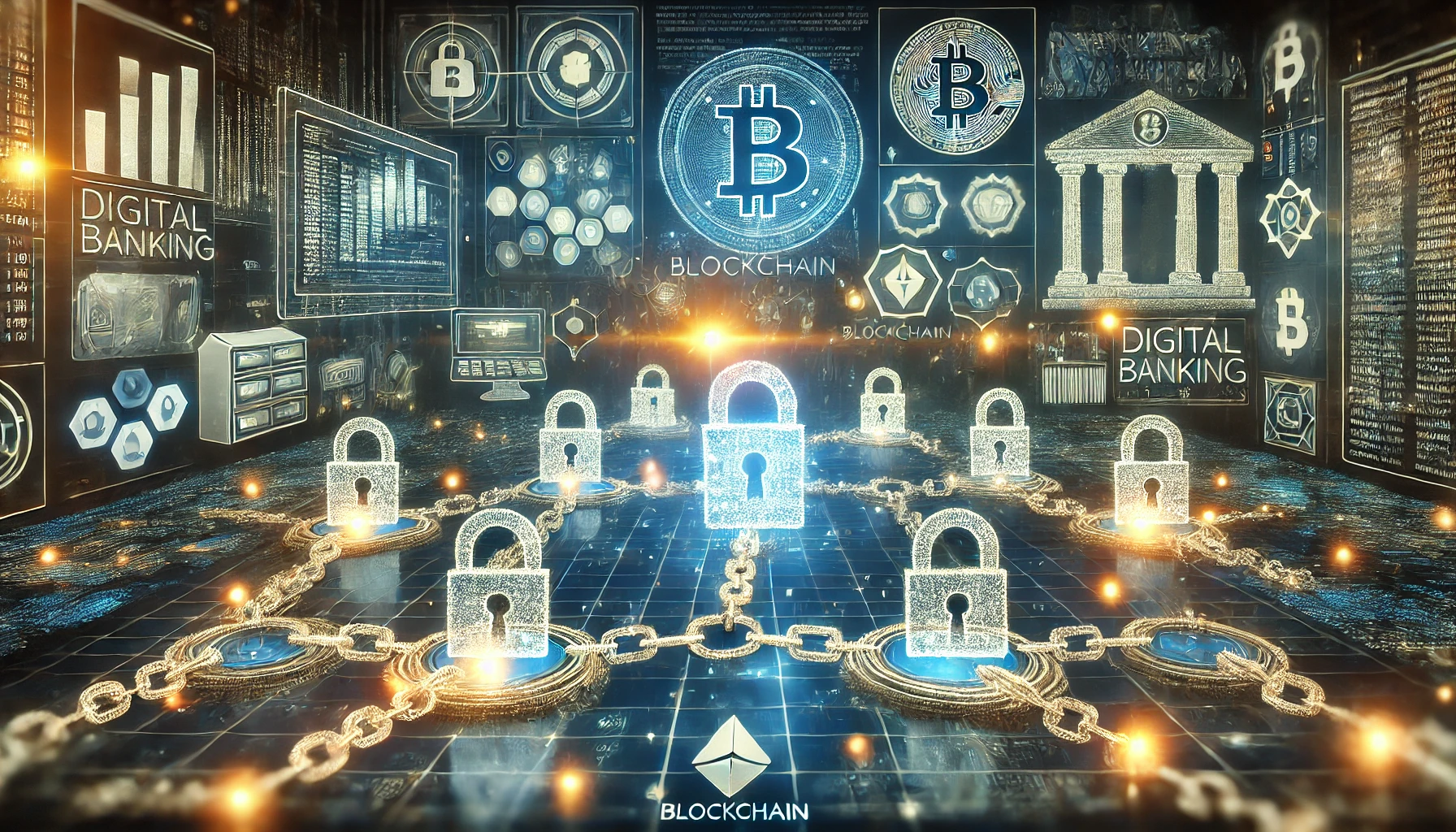How Blockchain is Saving Your Money from the Clutches of Fraudsters

Blockchain: The Hero We Didn't Know We Needed
In a world where everything from your coffee order to your medical records is now digitized, one area that has been especially impacted is financial transactions. Enter blockchain—the technology that’s not just about cryptocurrency anymore but is shaking up the financial sector in ways no one saw coming. If you think blockchain is just for Bitcoin fanboys, think again. This digital ledger is becoming a knight in shining armor, ensuring your money stays safe from fraudsters lurking in the dark corners of the internet.
What Exactly Is Blockchain?
For those of you who haven’t been keeping up with the latest tech jargon, blockchain might sound like something from a sci-fi movie, but it’s much simpler. Picture a chain made up of blocks—each block is a record of a transaction. Once a block is added to the chain, it’s nearly impossible to alter, ensuring that the data stays secure. Think of it as the bouncer of your financial transactions, making sure only legitimate ones get through. And unlike your high school diary, nobody can sneak in and change the pages.
How Blockchain Secures Your Financial Transactions
Now, let’s get into how blockchain is shaking up the financial industry. One of its biggest advantages is security. Unlike traditional banking systems that rely on a central authority (looking at you, big banks), blockchain operates on a decentralized network. This means that instead of one vulnerable point that hackers could exploit, the data is spread across multiple nodes. To hack a blockchain, a criminal would need to tamper with not just one but all the nodes. Spoiler alert: this is nearly impossible.
Reducing Fraud—Because Who Likes Being Scammed?
In 2023, online fraud is a $5 trillion problem. That’s trillion with a 'T.' Blockchain helps reduce fraud by making it harder for anyone to alter transaction histories. Each transaction is recorded and encrypted in such a way that it becomes tamper-proof. If a hacker tries to mess with a transaction, the entire network knows immediately. It’s like having an army of cyber bodyguards protecting every cent you send or receive.
Transparency—For Banks and Humans Alike
Another game-changing feature of blockchain technology is transparency. Every transaction made on a blockchain is visible to everyone in the network. This might sound like a privacy nightmare, but it’s actually quite the opposite. While the details of who made a transaction are private, the transaction itself is visible, meaning there’s no way to sneak in fake transactions. It’s like having a clear window into every financial action while keeping your personal details secure.
Real-World Examples: Blockchain to the Rescue
Big banks and financial services companies are already hopping on the blockchain bandwagon. For instance, JP Morgan has developed its own blockchain platform, Onyx, to improve payment processing. Similarly, IBM is using blockchain for cross-border payments, allowing money to flow more efficiently and securely across international lines. Even the world of insurance is getting involved, using blockchain to streamline claims processing and ensure fraudsters don’t cash in on fake accidents.
Is Blockchain the Future of All Financial Transactions?
The million-dollar question (or perhaps, the trillion-dollar one) is whether blockchain will eventually replace traditional banking systems altogether. While it’s unlikely that banks will disappear anytime soon, blockchain is certainly making them rethink how they operate. Some even believe that blockchain will become the backbone of the global financial system, especially as we move toward a more digital economy. But like any hero, blockchain still has its obstacles to overcome—regulatory hurdles, scalability, and energy consumption being a few of the big ones.
What's Next for Blockchain and Financial Security?
As financial institutions continue to adopt blockchain, it’s clear that this technology is here to stay. It’s making the financial world safer, more transparent, and much harder for scammers to exploit. And as blockchain becomes more integrated into various industries, its impact will only grow. Will blockchain be the magic bullet that eliminates all fraud? Probably not. But it’s definitely giving fraudsters a run for their money—literally.
What Do You Think?
So, what’s your take? Do you think blockchain will eventually become the standard for securing all financial transactions, or is it just another tech buzzword? Let us know your thoughts!



